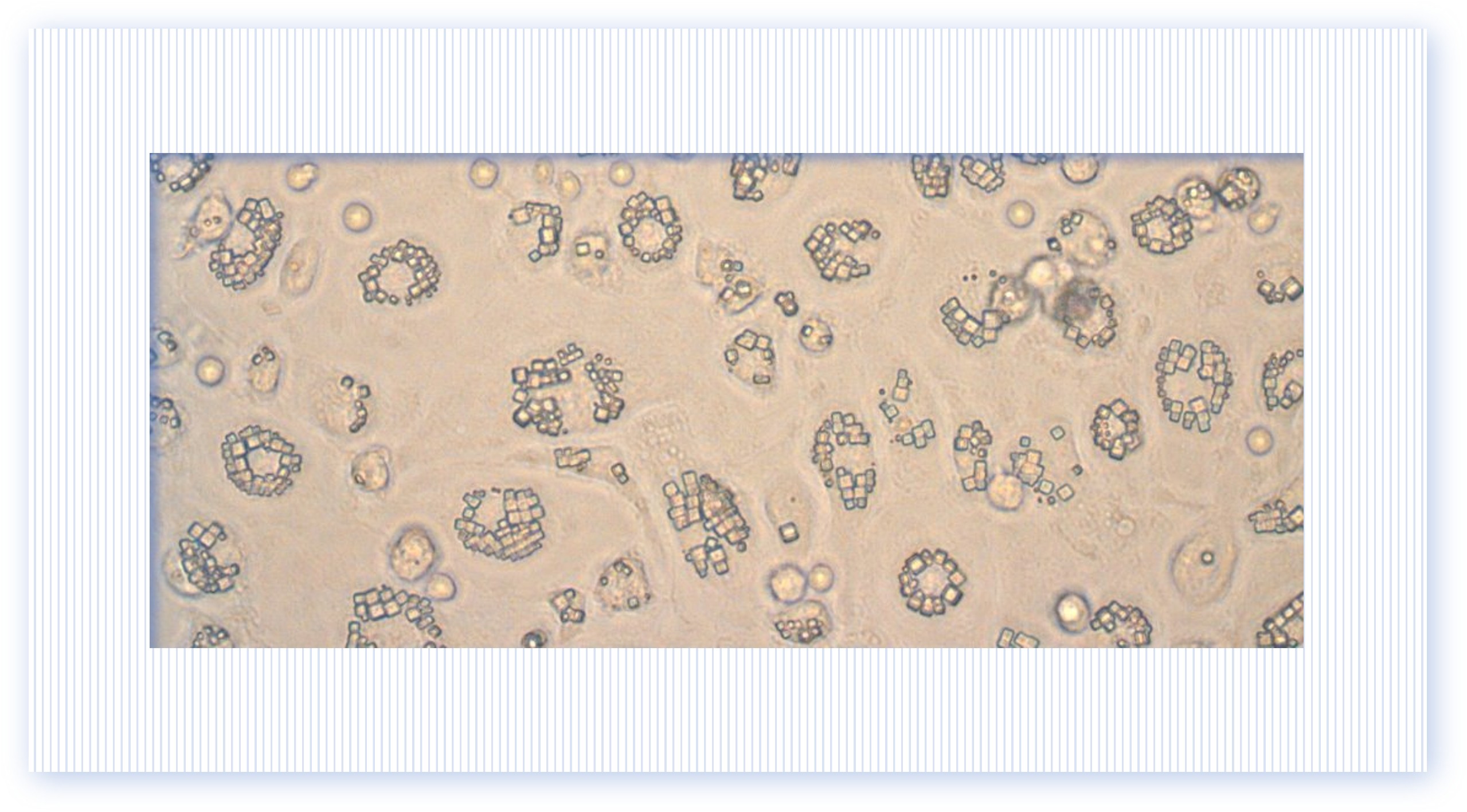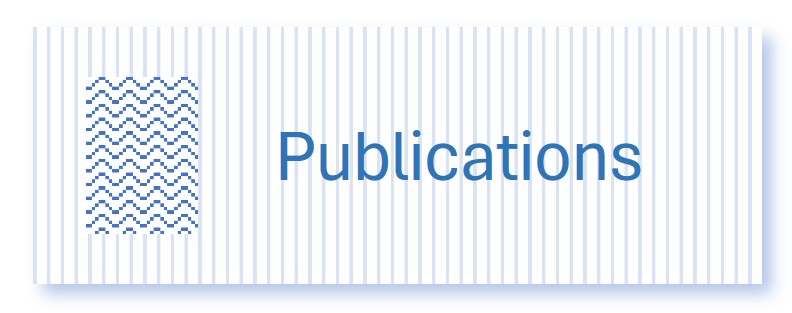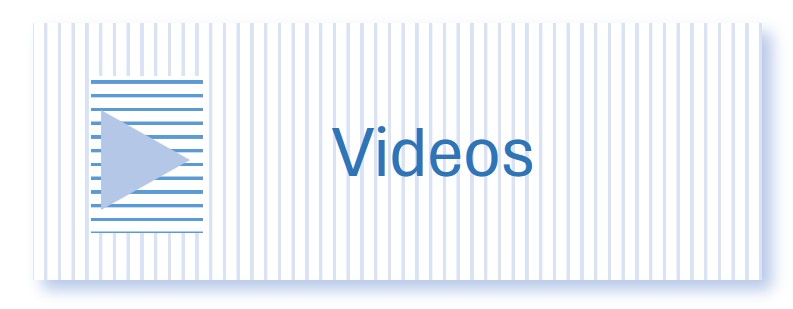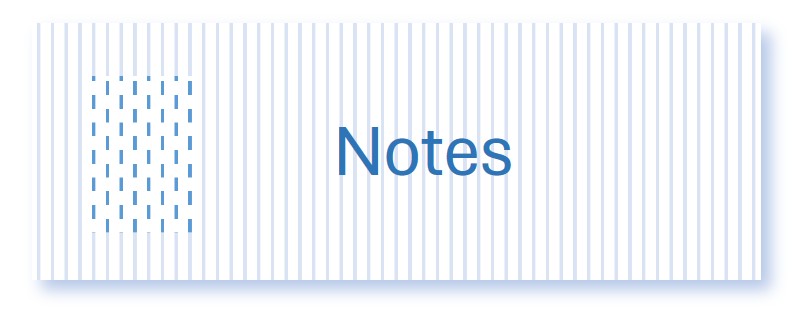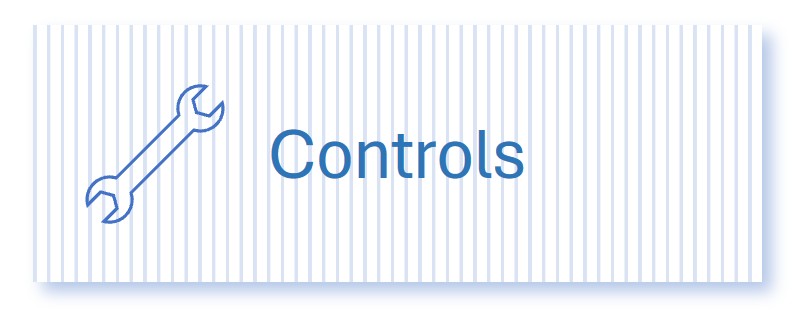Monocytes with ingested PODS crystals. The monocytes retain mobility and chemotactic responses.
In-vivo/Ex-vivo Engineering of Phagocytic Cells with PODS®
Immune cell reprogramming is widely used to enhance immune cell function for disease treatment. This approach is successful for some types of immune cell, such as T-cells, but reprogramming of monocytes, macrophages and other phagocytic cells has historically been difficult. At Cell Guidance Systems, we have simplified the engineering of monocytes and other mononuclear phagocytes by using PODS, sub-micron scale sustained-release protein crystals that durably alter the cell's proteome. This simple technique is opening new research avenues and has the potential to enable cost-effective autologous immune cell therapies.
Conventional Autologous Immune Cell Enhancement with Viruses
Treatments that enhance the function of a patient's immune cells are effective in treating diseases, including cancer. This therapeutic approach is known as autologous immune enhancement therapy, or adoptive cell therapy (ACT).
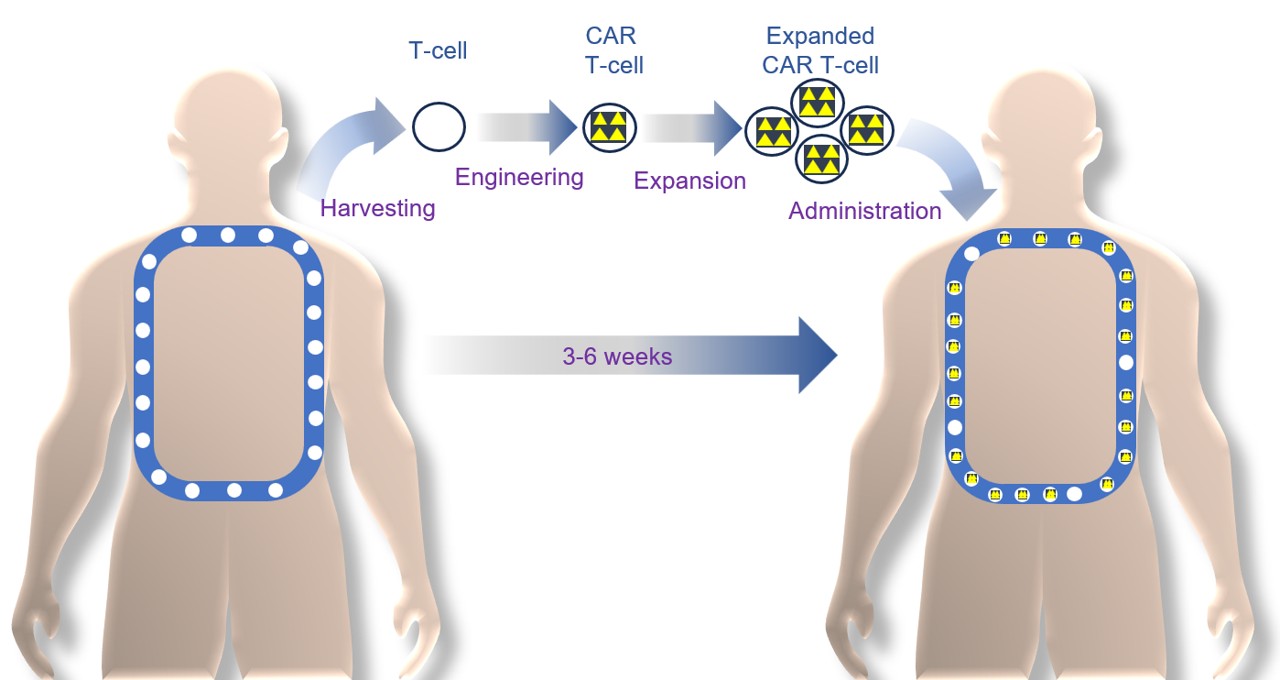
CAR-T cell therapy with DNA and RNA modification. T cells are harvested from the patient, engineered to improve their function, expanded and returned to the patient. The process is expensive and slow and only works with leukaemia and lymphoma
Chimeric Antigen Receptor T cells (CAR-T cells), are an example of ACT. They are made using recombinant DNA and RNA to engineer a patient’s T cells. CAR-T cell therapy is effective for treating leukaemia and lymphoma, but is expensive, time-consuming and doesn’t work well with solid tumours.
PODS® Engineering of Monocyte Cells
Engineering monocytes (or macrophages) for autologous immune cell therapy is an attractive strategy but, unlike CAR-T cells, can't be achieved efficiently with DNA and RNA-based technologies.
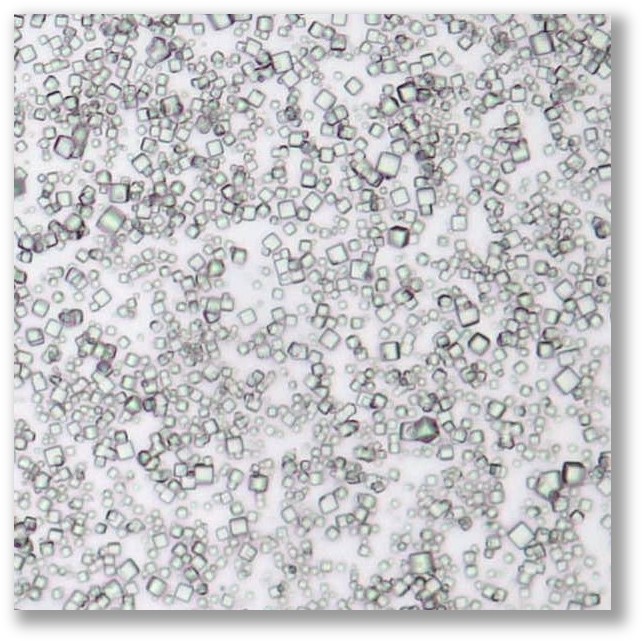
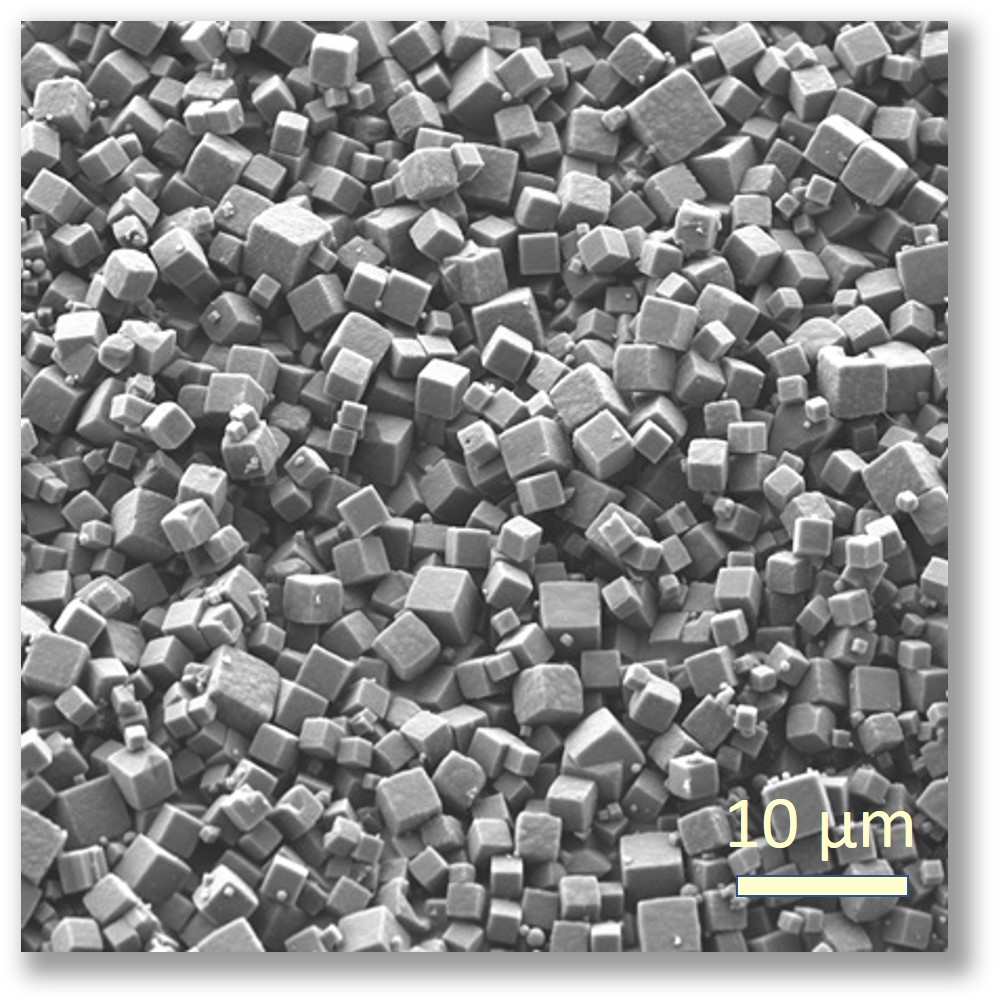
Images of PODS taken with light and scanning electron microscopes
To address this, a simple process has been developed that uses PODS protein crystals that are ingested by phagocytic cells including monocytes and macrophages. This phagocytic process quickly (within 24 hours) and efficiently (70% of harvested cells are engineered) reprograms monocytes to create a novel class of modified immune cell for therapy. These enhanced cells durably express the protein contained in the PODS crystal for several days or weeks..
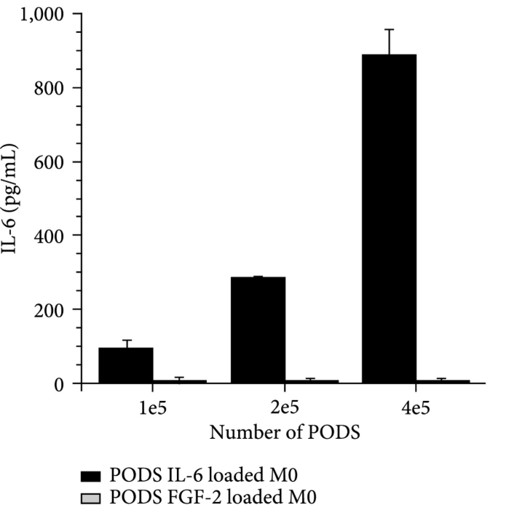
PODS-modified monocytes and macrophages secrete protein cargos in a dose-dependent manner.

The secreted protein has been shown to modulate the behaviour of other, adjacent cells and to reduce the growth of tumours in a mouse model of cancer.
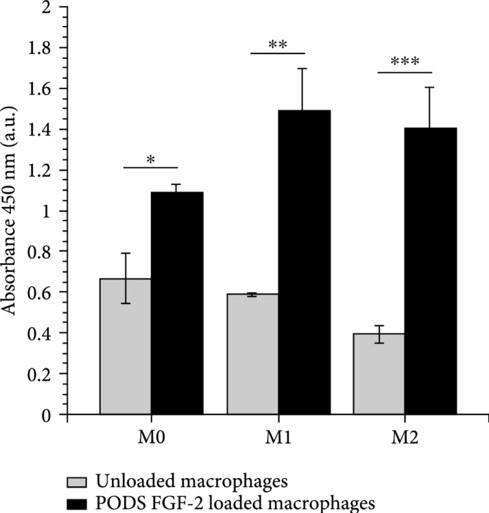
FGF-2 secreted from M0, M1 and M2 macrophages engineered with PODS enhances the proliferation of fibroblasts.
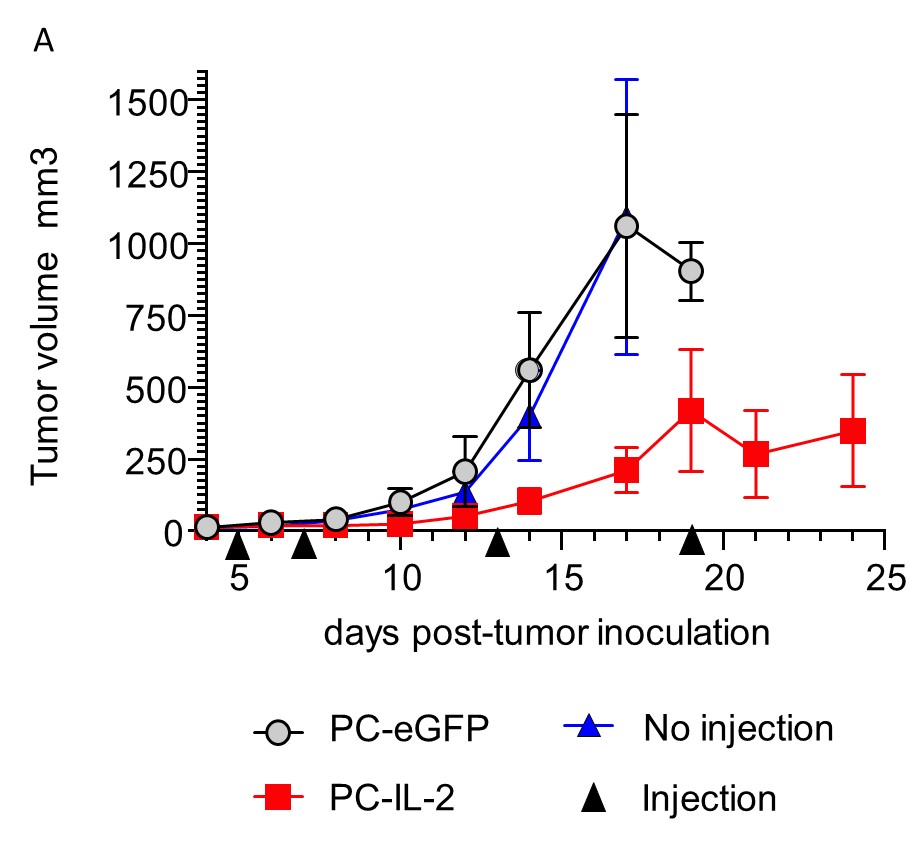
Cancers in mice grow significantly slower after tail vein injection of PODS containing IL-2. The number of infiltrating T cells is increased.
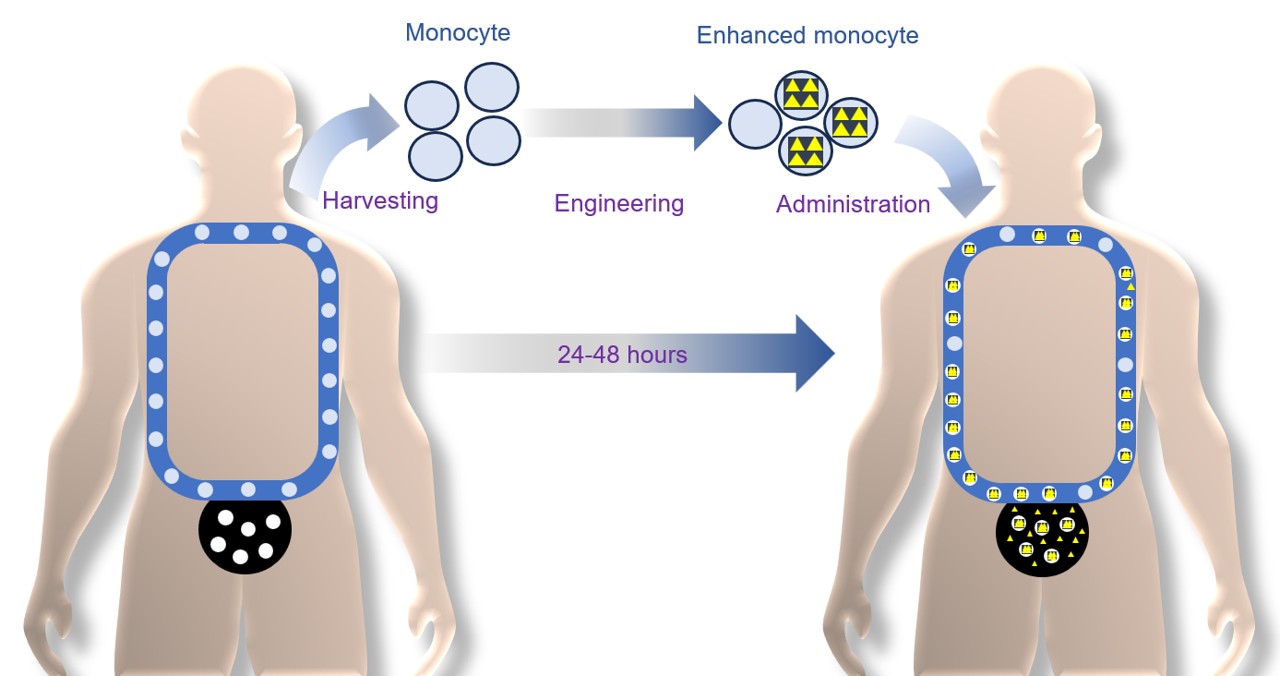
Monocyte therapy with sustained release protein PODS. Monocytes will be harvested from a patient, engineered by phagocytosis of PODS protein crystals and returned to the patient within 48 hours. Rapid, responsive therapy is possible. The engineered monocytes actively infiltrate the cancer. Note Concept only. Currently not in the clinic.
Can other Phagocytic cells be reprogrammed?
Yes, PODS are ingested by all professional phagocytes we have tested and are even phagocytosed efficiently by cartilage cells.
Is this available as a cancer therapy?
We are working to develop this exciting new cancer therapy with collaborators at Cancer Research UK (CRUK). If you would like to join us in our quest, we would be happy to hear from you.
References
- Wendler A, James N, Jones MH, Pernstich C (2021) Phagocytosed Polyhedrin-Cytokine Cocrystal Nanoparticles Provide Sustained Secretion of Bioactive Cytokines from Macrophages BioDesign Research, vol. 2021, Article ID 9816485, 12 pages, 2021. https://doi.org/10.34133/2021/9816485
- Michael H. Jones, N. E. Quispe Calla, Robert Smith, C. Talbot-Cooper, Simon Rudge, Hiroyuki Kusano, T. Shiomi, Yuichi Ishikawa, Hong Zeng, Jonathan Best (2023) Low-dose cytokine immunotherapy of solid cancers enabled by phagocytic-competent protein co-crystals. bioRxiv DOI:10.1101/2023.04.06.534711

